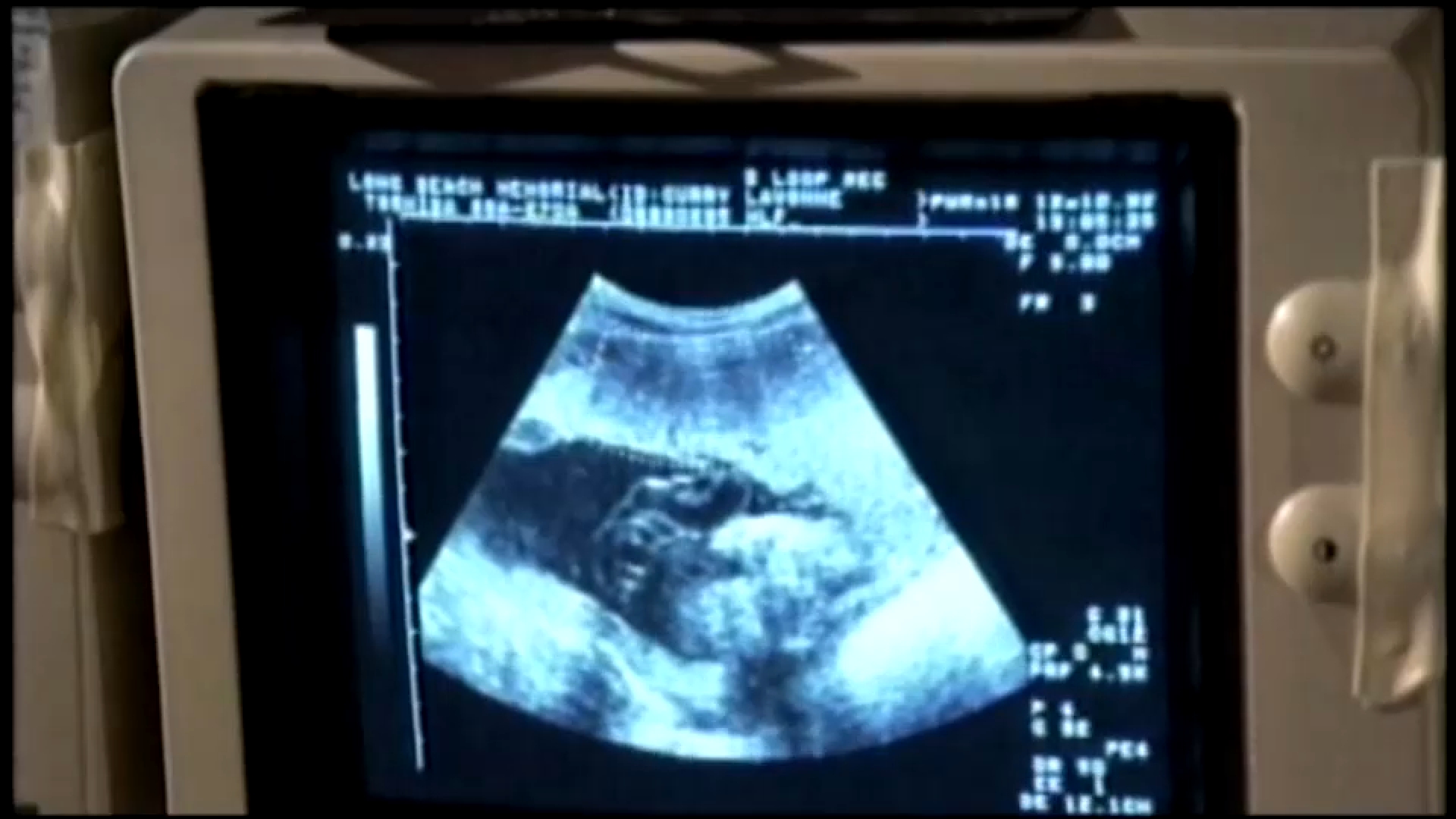Science
Columbia University Develops Tech to Combat Preterm Birth Risks

Columbia University is pioneering advanced technology aimed at reducing serious pregnancy complications, particularly preterm birth. Researchers at the university are developing tools that enhance doctors’ ability to predict and prevent conditions that can lead to premature delivery, which occurs when a baby is born before 37 weeks of pregnancy. This innovative work coincides with Pregnancy and Infant Loss Awareness Month, highlighting the importance of addressing these critical issues.
Kristin Myers, a Professor of Mechanical Engineering at Columbia, stated, “The colors lighting up give me a percentage of stretch so we can ask questions: is this uterus stretching too much?” This technology allows for the simulation of numerous scenarios to identify potential risks associated with preterm birth. According to Myers, one of the primary challenges is pinpointing patients who may be at high risk due to mechanical failure of their cervix.
Using patient ultrasounds, a dedicated data team customizes digital twins—virtual representations of the uterus—enabling better understanding of the factors contributing to preterm birth. This approach aims to prevent the tragic outcomes that can accompany premature delivery.
Brittany Crystal, Executive Director and Founder of The Iris Fund, shared her personal experience with the issue. “I was 28 weeks pregnant and rushed down the hall for a stat c-section. When I woke up, I had made it, but she hadn’t,” said Crystal, whose daughter was born and passed away due to prematurity in 2017. In response to her loss, Crystal established The Iris Fund to support research initiatives like those at Columbia University. She is also participating in this year’s NYC Marathon to raise awareness about preterm birth and its implications.
Crystal emphasized the need for improved communication regarding risk levels for expectant mothers. “I think we need to be better able to tell women who is at risk, who is not at risk when they are going to have babies,” she commented, highlighting the current shortcomings in prenatal care.
The concept of digital twins, while still in its early stages, has the potential to be transformative. Experts stress that increased funding for research could lead to significant advancements in understanding and preventing preterm birth. Dr. Mirella Mourad, Director of the Preterm Birth Prevention Center at Columbia University Irving Medical Center, noted, “We don’t fully understand why it happens. We understand there are risk factors.”
As Columbia University continues its groundbreaking work, the hope is that this technology will not only improve prenatal care but ultimately save lives. With ongoing support and research, the potential for a brighter future for expectant mothers and their children remains strong.
-

 Lifestyle5 months ago
Lifestyle5 months agoLibraries Challenge Rising E-Book Costs Amid Growing Demand
-

 Sports4 months ago
Sports4 months agoTyreek Hill Responds to Tua Tagovailoa’s Comments on Team Dynamics
-

 Sports4 months ago
Sports4 months agoLiverpool Secures Agreement to Sign Young Striker Will Wright
-

 Lifestyle4 months ago
Lifestyle4 months agoSave Your Split Tomatoes: Expert Tips for Gardeners
-

 Lifestyle4 months ago
Lifestyle4 months agoPrincess Beatrice’s Daughter Athena Joins Siblings at London Parade
-

 Science4 months ago
Science4 months agoSan Francisco Hosts Unique Contest to Identify “Performative Males”
-

 World4 months ago
World4 months agoWinter Storms Lash New South Wales with Snow, Flood Risks
-

 Science5 months ago
Science5 months agoTrump Administration Moves to Repeal Key Climate Regulation
-

 Business5 months ago
Business5 months agoSoFi Technologies Shares Slip 2% Following Insider Stock Sale
-

 Science5 months ago
Science5 months agoNew Tool Reveals Link Between Horse Coat Condition and Parasites
-

 Sports4 months ago
Sports4 months agoElon Musk Sculpture Travels From Utah to Yosemite National Park
-

 Science5 months ago
Science5 months agoNew Study Confirms Humans Transported Stonehenge Bluestones









